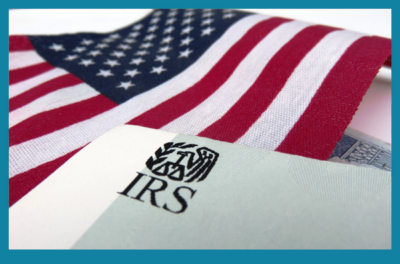How to Request Abatement of IRS Penalties

Are You Eligible for Penalty Abatement?
Generally, you can obtain penalty relief if you fit into one of these categories:
- You had reasonable cause for failing to pay your taxes or file your return, such as fire, natural disaster, inability to obtain records, death, serious illness, or other reason that would establish that you exercised ordinary care and prudence to meet your tax obligations but were unable to do so. Note that whether you have a valid reason depends on the type of penalty you owe and IRS laws.
- You qualify for an administrative waiver. First Time Penalty Abatement is the most common administrative waiver. Generally, you would be eligible if you did not have a previous obligation to file a tax return or you have not been subject to a penalty for the three preceding tax years. Other administrative waivers may apply if you received incorrect oral advice from the IRS or there was a formal government directive providing penalty relief because of a natural disaster or catastrophic event.
- You are eligible for a statutory exception. This typically applies if you received incorrect written advice from the IRS, were affected by a federal disaster, or mailed your return on time and were still assessed a penalty.
How Can You Request Penalty Abatement?
The IRS notice will provide a toll-free phone number to call to request penalty relief. You must provide the reasons you believe you qualify for abatement. If your request cannot be handled by phone, you must submit Form 843, Claim for Refund and Request for Abatement.
Note that you can challenge a penalty during or after an IRS examination (even if a penalty has not yet been assessed), with a tax return that is either filed or paid late, or after assessment of the penalty and notification.
Can You Appeal If the IRS Denies Your Request to Waive Penalties?
If your request was denied, you have 30 days to file a written appeal of the denial. In a future post, we will provide more details on how to appeal IRS penalties.
Do You Need a Tax Lawyer to Request Penalty Abatement?
You must demonstrate to the IRS that you fall within one of the categories for penalty relief. That may be difficult in certain circumstances especially since the criteria varies depending on the type of penalty you owe and other factors. As such, it is advisable to consult a tax attorney especially if the penalties are sizable.
If you have been assessed a penalty by the IRS, contact us to discuss whether you qualify for abatement.


